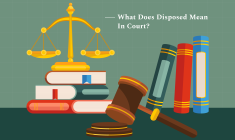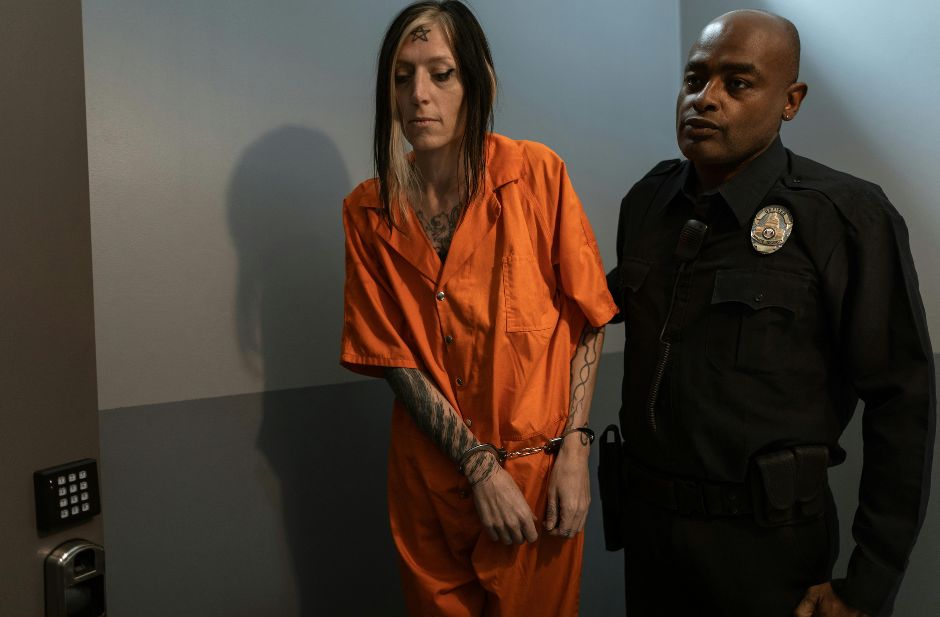Freedom should never be for sale. Yet for many people accused of a crime, the ability to post bail determines whether they go home or stay in jail before trial.
The team at JS Defense has witnessed how the current system penalizes those without means long before guilt is ever proven.
Moreover, knowing the problems with the bail system can help in tackling them the right way. So, here in this blog, I am going to explore the diverse aspects of the bail system.
So, keep reading to know more!
Why Do You Need Bail?
Bail was created to ensure that people returned to court after being released. It was meant to be a promise, not a punishment.
Over the years, though, the system has shifted from fairness to finance.
Judges often set high bail amounts that many people simply can’t afford. For those living paycheck to paycheck, even a few hundred dollars can be out of reach.
The result is that wealthier defendants walk free while poorer ones sit behind bars for the exact charges.
How Does The Bail System Work For Giving Freedom?
You don’t really understand what “can’t afford bail” means until it happens to someone close to you.
Even a few days locked up can pull a person’s life apart. You miss work, your boss moves on, bills pile up, the landlord stops calling, and just posts a notice.
Families start to panic. Kids ask why mom or dad isn’t home. And through all of it, you haven’t even been found guilty of anything.
After a while, people just want out. They’ll say whatever they have to. They’ll take a plea deal just to sleep in their own bed again.
Not because they did something wrong — but because the system corners them. That isn’t justice. That’s exhaustion. That’s fear. That’s a system that punishes poverty, not crime.
The Bail Bonds Industry
When people can’t pay bail on their own, they turn to bail bond companies. These businesses post bail in exchange for a nonrefundable fee, usually 10% of the total amount.
Even if charges are dropped or the person is found not guilty, that money is gone forever.
This setup leaves many families in debt long after the case is over. Some borrow from relatives or take out loans just to afford a bondsman’s fee.
For many, it feels like buying freedom at a price they can’t afford to pay. While bondsmen help prevent jail overcrowding, the system still favors money over fairness.
The Hidden Costs Of Pretrial Detention
Spending time behind bars before a trial can turn someone’s entire life upside down.
Jobs are lost, homes slip away, and reputations crumble — all before a verdict is even reached. Sometimes, just a few days in jail can have consequences that last for years.
The impact doesn’t stop with the individual. Families feel the weight too.
Parents are separated from their children, loved ones struggle to cover bills, and visits become painfully difficult.
The constant worry and uncertainty take a deep toll on mental health, leaving emotional wounds that don’t simply fade once freedom is restored.
Our justice system is supposed to uphold the principle of being “innocent until proven guilty.”
But for those who can’t afford bail, that principle often feels like a privilege — one that’s out of reach.
How Money Can Shape The Outcomes Of Most Cases?
Sitting in jail while waiting for trial puts people in an unbearable position.
Every day feels like their life is slipping further away, and the pressure to find a way out keeps building. Prosecutors understand that — and they often use it.
Many offer plea deals that promise an early release or a reduced sentence, knowing how desperate someone can become after weeks or months behind bars.
For many, it doesn’t feel like a choice at all. Saying “guilty” — even when they’re not — can seem like the only way to get home, to see their family, to sleep in their own bed again.
But that decision can change everything. A single plea can leave an innocent person carrying a criminal record for life.
In a system like this, it’s not always guilt or innocence that determines the outcome — it’s money, time, and who can afford to wait for justice.
How Can The Bail System Be Reformed?
Across the country, more and more states are starting to ask hard questions about the fairness of the bail system. Some have stopped using cash bail for minor, nonviolent cases.
Others are trying new methods that judge a person’s situation by the actual risk they pose — not by how much money they have.
The goal is simple: to make sure no one’s freedom depends on their wallet.
And the changes seem to be working. In most places where reforms have been tried, people who are released without paying still show up for court. That alone says a lot.
It shows that you don’t need to punish people financially to make sure they take responsibility.
The point isn’t to erase accountability — it’s to make sure justice doesn’t favor only those who can afford it.
How To Build A Fairer Bail System For Justice?
A justice system that’s truly fair should care about a person’s actions — not their bank balance.
No one should sit in a cell just because they can’t afford to pay for their release.
People lose jobs, homes, and even family connections while waiting for a chance to prove their innocence. That’s not justice — that’s punishment before trial.
Making bail fairer isn’t about going easy on crime. It’s about making sure everyone gets the same shot at defending themselves. Freedom shouldn’t come with a price tag.
The moment money starts deciding who waits at home and who waits behind bars, justice stops being equal — and starts belonging only to those who can afford it.
Tackling Problems With The Bail System
The current bail system punishes poverty and undermines the presumption of innocence.
Too many people plead guilty or serve in jail simply because they can’t afford their release.
The attorneys at JS Defense believe real reform starts with fairness, because justice should never have a price tag.
















